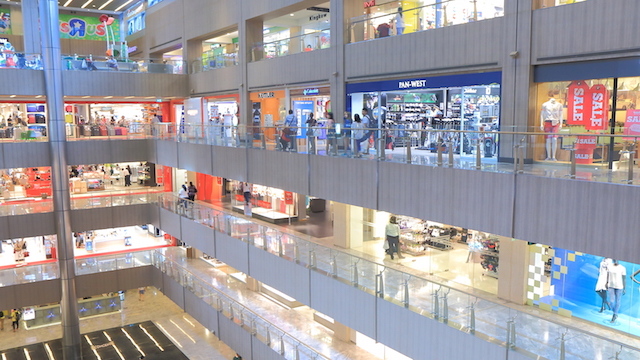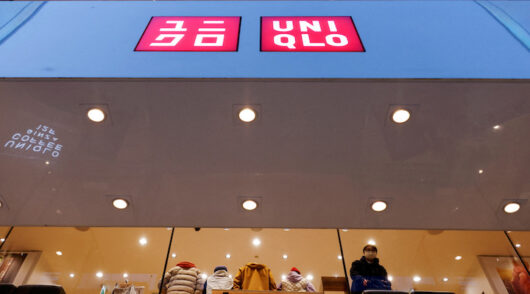Singapore retail rents are falling according to the latest figures from real-estate company DTZ Southeast Asia.
Average monthly first-storey rent across the island eased by 1.2 per cent quarter-on-quarter to about S$30.15 (US$22.22) a sqft in the first quarter this year, says the company – the fourth consecutive quarter of decline. This is 7 per cent down on a year ago.
Headwinds continued in the retail market in Orchard/Scotts Rd, as average monthly first-storey rent there fell 1 per cent to about $37.65 a sqft..
According to the latest Singapore Urban Redevelopment Authority (URA) statistics, the occupancy rate in the area fell by 2.1 points to 92.3 per cent last year, the lowest since 1996.
Retailers in Orchard/Scotts Rd are expected to face pressure, especially in the face of regional competition from Bangkok, South Korea and Taiwan, which offer affordable shopping. Cheaper air fares coupled with a relatively strong Singapore dollar made shopping more expensive in Singapore, and also contributed to weaker retail sales.
In the other city areas, the occupancy rate dropped by 1.6 points to 91.6 per cent, and average monthly first-storey rent fell by 2 per cent to $21.35 a sq ft.
Added pressure
Rents were also pressured by the relatively large impending supply this year: mixed-use projects slated for completion include OUE Downtown Gallery, Tanjong Pagar Centre and Duo Galleria.
In similar vein, the occupancy rate in suburban areas fell by 1.4 points to 92.0 per cent, and average monthly first-storey rent subsided 1 per cent to about $31.40 a sqft.
However, in the first increase since August, retail sales in January rose by 1.4 per cent, according to the Department of Statistics. But much of the increase was attributable to the Chinese New Year festive period, when supermarkets and department stores had 7.9 and 11.9 per cent sales increases respectively.
More outlet consolidations are anticipated this year amid rising running costs and weaker in-store sales. Brands that have withdrawn from Singapore include furniture retailer Iwannagohome and F&B establishment Smoothie King.
“Despite various challenges such as manpower constraints, retailers and landlords have come up with innovative solutions to counter them,” says DTZ director of research Dr Lee Nai Jia. “Several retailers have adopted the use of technology – iPads, robots and auto-checkout counters – to manage labour shortages.”
More critical
However, DTZ director of retail Anna Lee says quality of service has become even more critical for onground retailers. “With competition from eCommerce coming at full force, retailers are placing greater emphasis on providing highly personalised services. Many have revamped stores to include private rooms and lounge areas with superior furnishings.”
An example is the new Tiffany & Co outlet at Ion Orchard. Apart from being the brand’s first street-facing store in Singapore, the two-storey outlet also showcases a private viewing space with custom furnishings.
Another example is Dior, which has also had a revamp at Ion Orchard. It now has lounge areas, marble features and luxurious carpets, and has added a personal stylist to provide shoppers with fashion advice.
Moving forward, the retail sector is likely to gravitate toward a consumer-focused and experiential-based model, says DTZ. As retailers compete more with the online and mobile markets, they are coming up with creative and innovative ideas to turn these challenges into opportunities.






